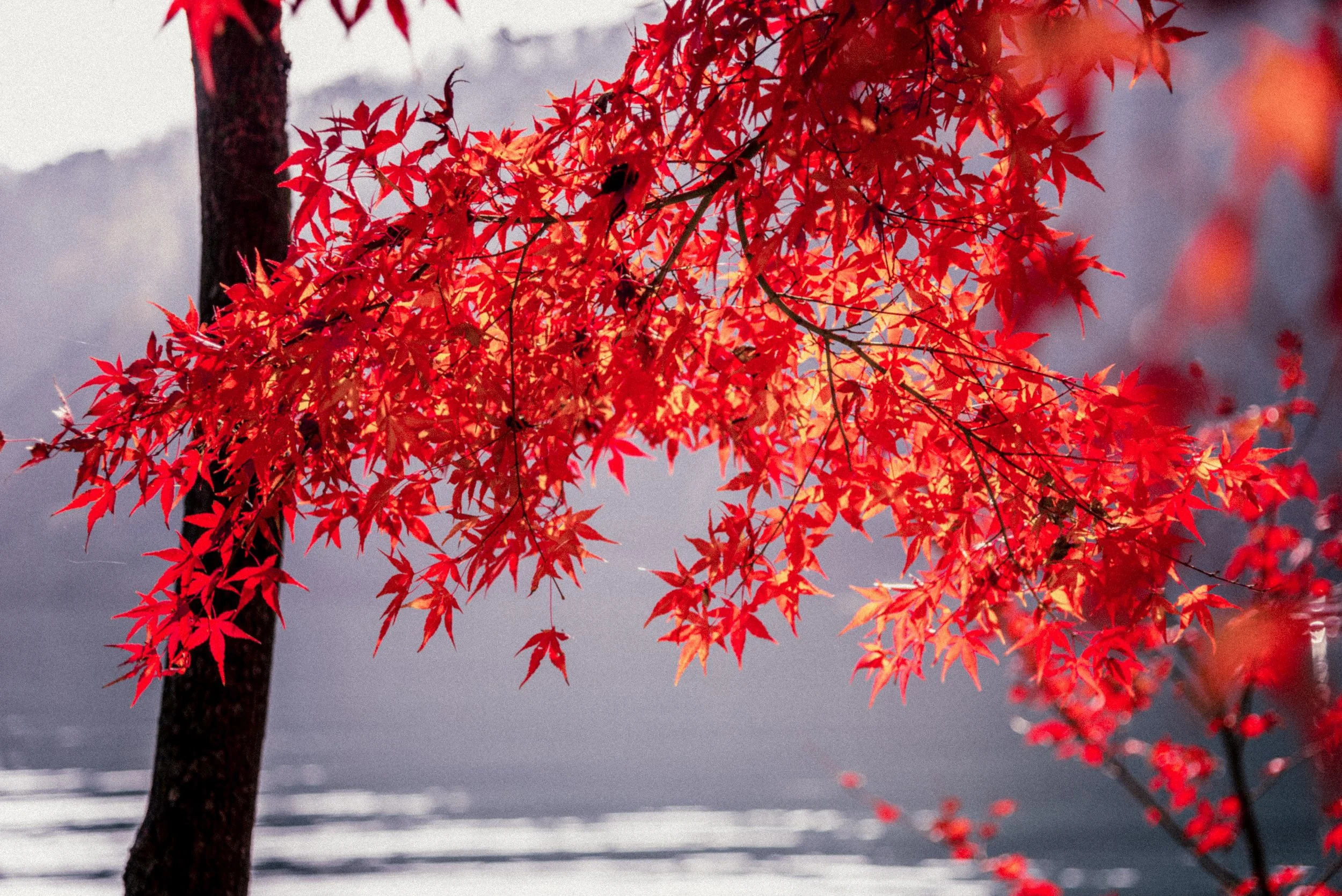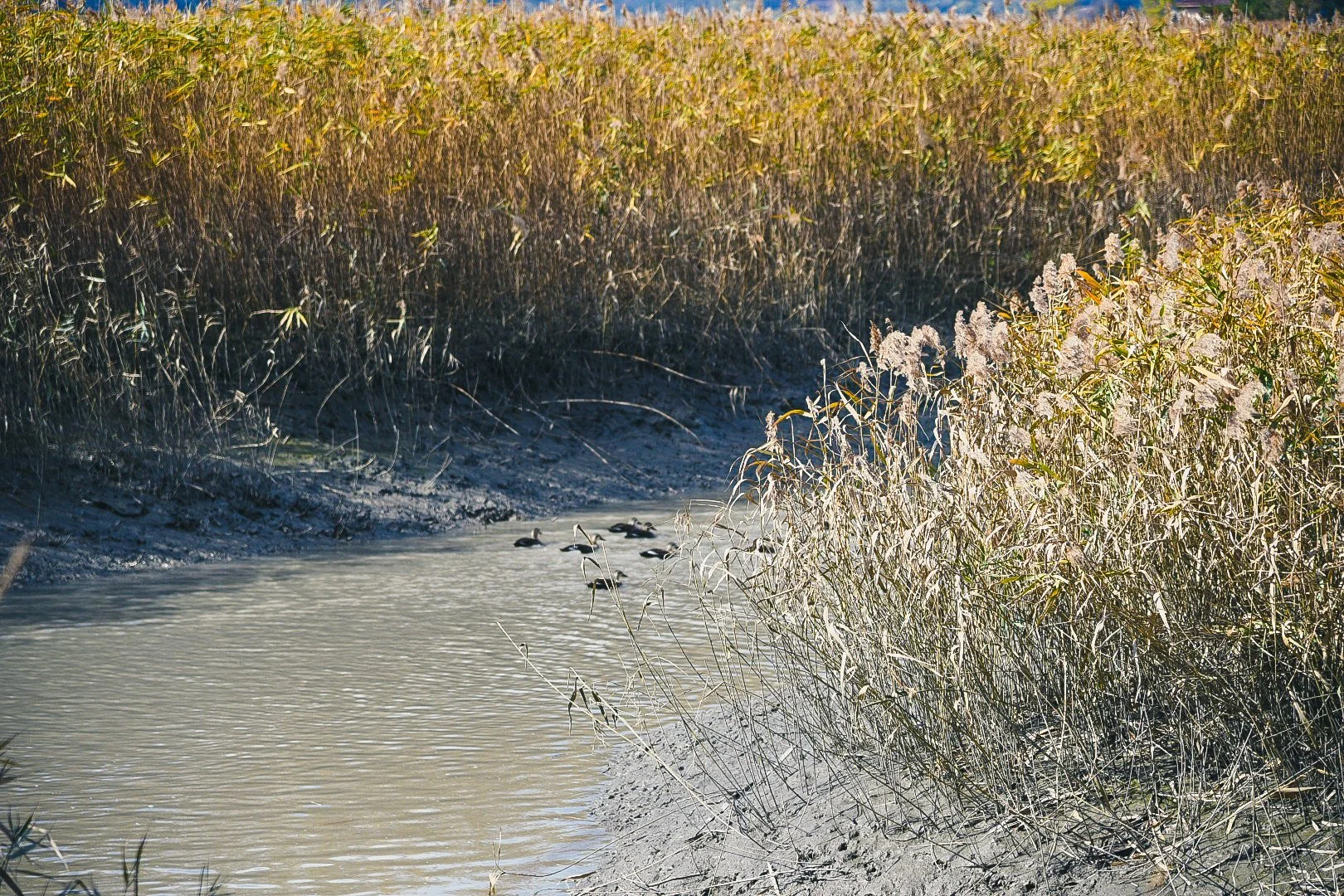
korea
For the past several years I’ve slowly been amassing a collection of private essays that I’ve been calling Diaspora Feelings. I started writing them right after the 2016 US presidential election, when it suddenly felt as though I had become a stranger in my own home. For the first time in my privileged life, I had to grapple with what it meant to be not just a person of Korean descent, but an American. Not just as a citizen, but as an identity.
But that meant grappling with the other parts of my identity too, and I was aghast to discover how little I knew of it. My relationship to Korea was always framed as something that did not belong to me because I had relinquished it. Or rather, I had been relinquished from it by the choices made by generations before me. My mother might have been a pilgrim, a pioneer, a wanderer, but I was an involuntary exile, severed from the place and the people by an accident of birth.
There are other reasons I distanced myself from my Korean identity, not the least of which was because I was so thoroughly bullied by my Korean-American peers as a child that for years I couldn’t even speak the language without shame.
Daring to claim my Koreanness was like sneaking a few bites of ice cream straight from the container in the middle of night — full of craving, and loathing myself for the craving.
It’s only recently that I’ve begun to even unpack that guilt and shame, but sometimes it’s like breaking a bone again in order to set it properly. Going back to Korea as an adult has helped.
And I hope to keep on healing.











































